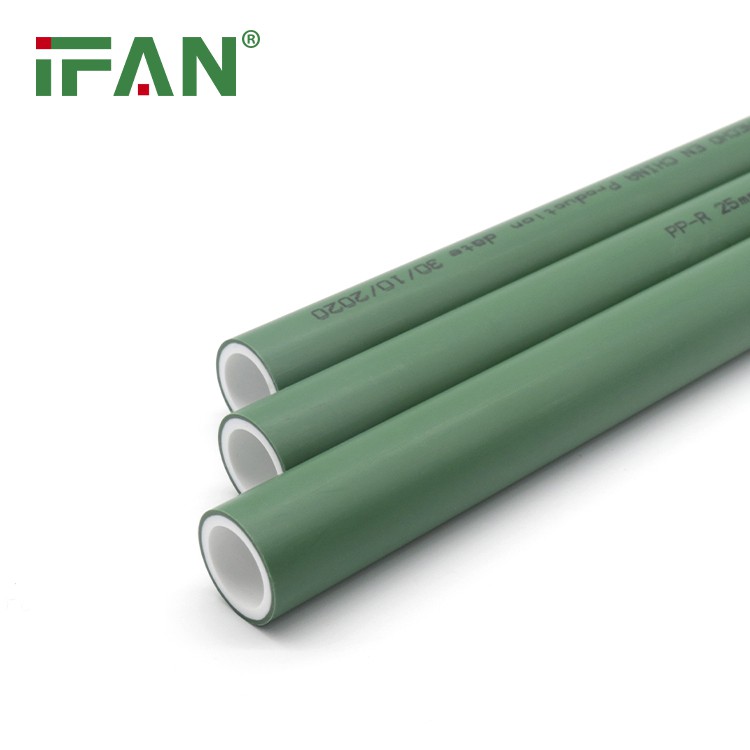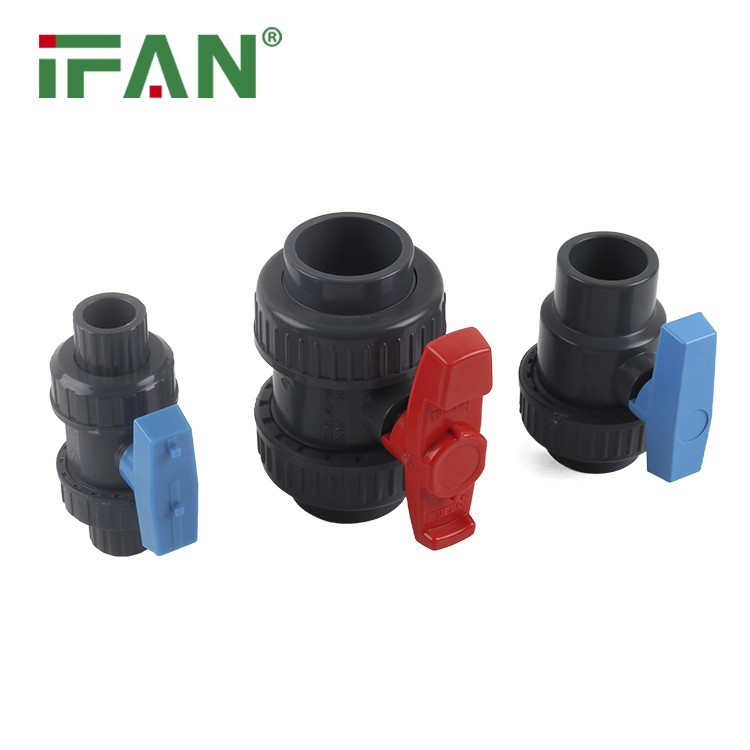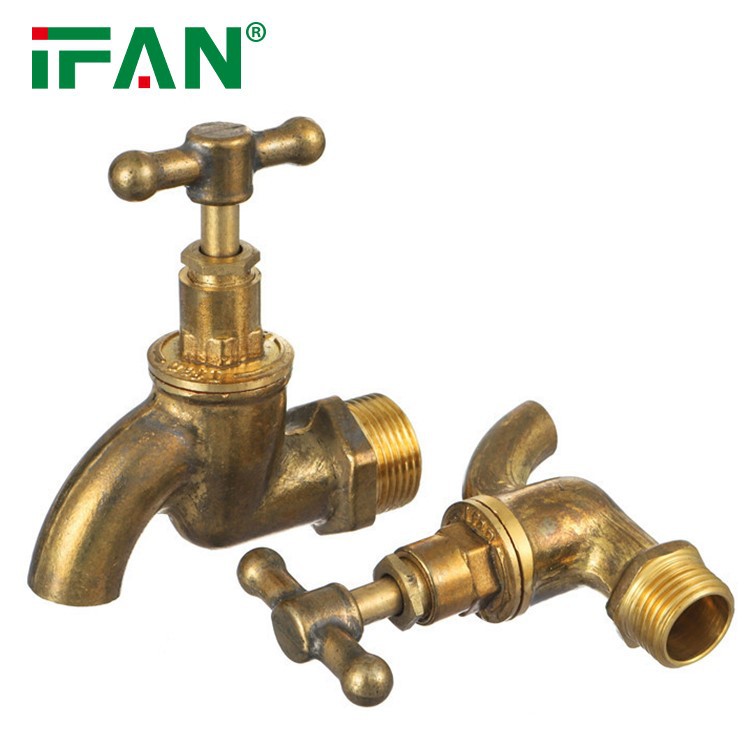Plumbing is the system of pipes, fixtures, and other components that are installed in buildings to carry water, sewage, and other fluids. It is an essential part of modern-day living, and it plays a vital role in ensuring our health and safety. Plumbing encompasses everything from fixing a dripping faucet to installing a complex network of pipes for a large-scale commercial establishment.
The history of plumbing dates back to ancient civilizations, where people used rudimentary techniques to transport water and drain sewage. The Romans were one of the earliest civilizations to develop sophisticated plumbing systems. They built an aqueduct system that transported water from miles away to the cities, and they used lead pipes to transport water within the cities. However, it wasn't until the 19th century that plumbing became an organized trade, with licensed contractors and professional organizations.
Plumbing has evolved significantly over the years. Today, plumbing systems are more efficient, durable, and eco-friendly than ever before.
Here are some of the key components of a modern plumbing system:
1. Pipes: Pipes are the backbone of any plumbing system. They are made from various materials such as copper, PVC, cast iron, and galvanized steel. Pipes are used to transport water, gas, and other fluids. The choice of piping material depends on the type of fluid to be transported, the pressure, and the temperature.

2. Fixtures: Fixtures are devices that are attached to pipes to control the flow of water. Examples of fixtures include sinks, faucets, toilets, showers, and bathtubs. Fixtures come in a wide range of designs and styles, and they are made from various materials such as porcelain, acrylic, and ceramics.
3. Pumps: Pumps are devices that are used to increase the pressure of water or other fluids in a plumbing system. They are commonly used in well water systems, wastewater treatment plants, and irrigation systems.
4. Valves: Valves are used to control the flow of water in a plumbing system. They are typically made from brass, stainless steel, or bronze and come in different sizes and shapes. Examples of valves include ball valves, butterfly valves, gate valves, and globe valves.

5. Drainage system: Drainage systems are designed to remove wastewater and sewage from buildings and transport them to the municipal sewage treatment plant. The drainage system consists of a network of pipes, vents, and traps.
6. Water heaters: Water heaters are devices that are used to heat water for domestic use. They come in various sizes and types, such as tankless, electric, and gas water heaters.
Plumbing is more than just pipes and fixings. It is a skilled trade, and plumbers undergo extensive training and education to become licensed professionals. A plumber needs to have a deep understanding of fluid mechanics, building codes, safety regulations, and health standards.
The main goal of plumbing is to ensure the safe and efficient transport of water and other fluids within a building. By doing so, it helps to prevent the spread of diseases, protect the environment, and conserve resources. Plumbing plays a vital role in our daily lives, from the moment we wake up and flush the toilet to when we brush our teeth and take a shower. It is an essential service, and we rely on it more than we realize.
Plumbers play a crucial role in maintaining the integrity of plumbing systems. They inspect, repair, and install piping systems, troubleshoot problems, and ensure that all components of the plumbing system are working correctly. A plumber must also comply with industry standards and codes to ensure the safety of occupants and the environment.
For homeowners, having a reliable and experienced plumber is essential. It can be tempting to try to fix plumbing problems on your own, but this can often lead to more significant issues down the line. It is best to hire a licensed plumber who has the expertise and knowledge to fix the problem correctly.
Plumbing is a vast and diverse field, and there are numerous career opportunities available. Some of the most common plumbing careers include:
1. Plumbing technician: Plumbing technicians are responsible for repairing, maintaining, and installing plumbing systems. They work in residential and commercial settings and must have a deep understanding of piping systems, fixtures, and valves.
2. Pipefitter: Pipefitters are responsible for installing and maintaining piping systems in industrial settings. They work with large-scale piping systems that transport hazardous materials such as gas and oil.
3. Plumber's helper: Plumber's helpers provide assistance to plumbers by carrying tools and materials, digging trenches, and performing other tasks as needed. This is an entry-level position that can lead to a career in plumbing.
4. Plumbing inspector: Plumbing inspectors are responsible for inspecting plumbing systems to ensure compliance with building and safety codes. They also investigate complaints and conduct investigations when needed.
Plumbing is a constantly evolving field, with new technologies and techniques being developed all the time. Plumbers must stay up-to-date with the latest advances to provide the best service to their clients.

In conclusion, plumbing is an essential part of modern-day society, and it plays a vital role in ensuring our health and safety. It encompasses everything from fixing a dripping faucet to installing a complex network of pipes for a large-scale commercial establishment. Plumbers are skilled professionals who undergo extensive training and education to become licensed professionals. They play a crucial role in maintaining the integrity of plumbing systems and ensuring that all components of the plumbing system are working correctly. Plumbing is a rewarding and challenging career, with numerous opportunities to advance and grow.